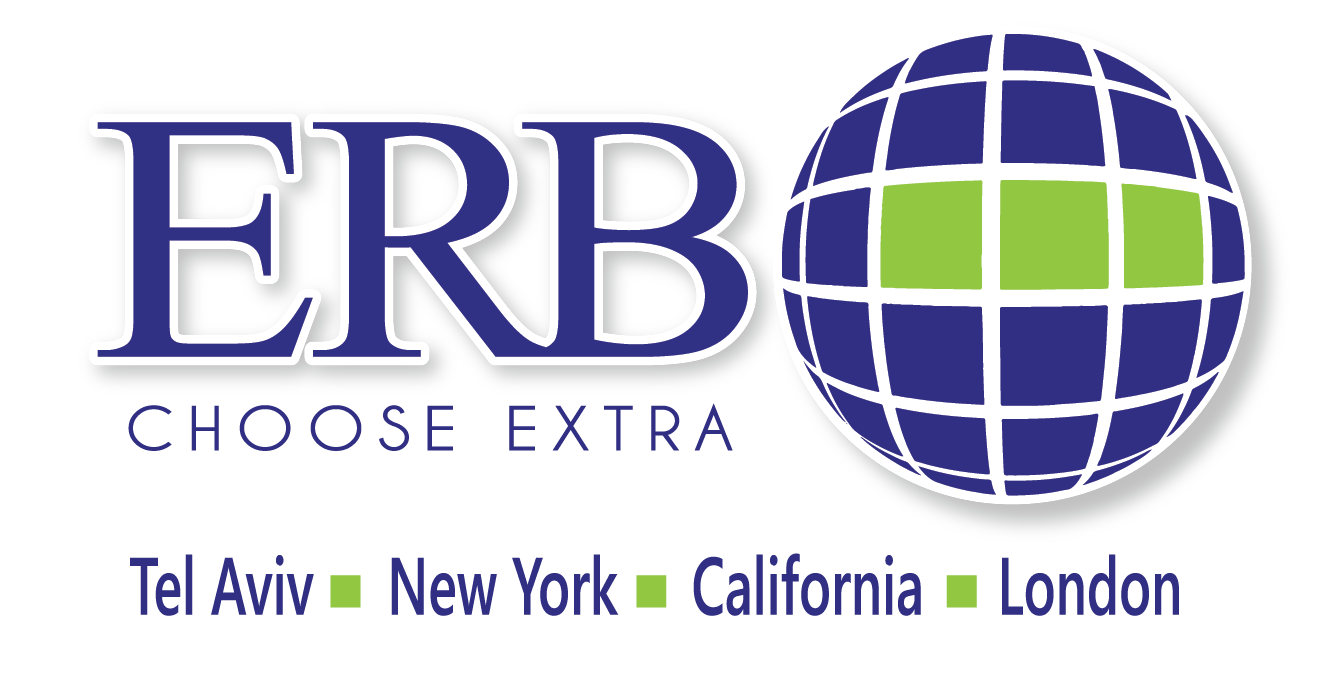Stock options are one of the primary inducements high tech companies provide for high performing employees – and probably one of the reasons you took up the offer of relocation.
Still, Israel is your home, and you and your family are no doubt looking forward to return. Moreover, the Government of the State of Israel is eagerly offering its own inducements to get highly skilled professionals to return and contribute to the Israeli economy.
Unfortunately, the Israeli Tax Authorities seem to be working from a different playbook.
Many Israelis returning from a stint abroad have been astounded to discover that the Israeli Tax Authorities are demanding a cut of income from stock options realized in Israel – even though the stock options had matured abroad.
This has led many returnees to juggle the logistics of their re-relocation with urgent talks with their CPA or else spend long hours in front of the screen with their quickbooks, seeking to collate their American tax id, payroll documentation and ss-4 forms with the contradictory demands of two taxation systems.
This represents a complete U-turn in the taxation policy to date which exempted Israelis from the relative income earned from options during the maturation period spent abroad. And yet, a recent precedent setting decision by Israeli tax authorities required an Israeli returnee who lived abroad for six years to pay Israeli taxes on the entire maturation period of his stock options, even though the maturation period for those options occurred abroad. Given that the Israeli capital gains tax celling is considerably higher than the matching federal tax, this represents a considerable financial burden on returnees.
Moreover, the Israeli taxation authorities place a hard ceiling on the deductions returnees can make on foreign taxes they already paid, meaning they may well end up paying a rate higher than 50%.
This fraught situation has led many returnees to realize that specialized knowledge is required to deal with their situation, leading them to outsource their accounting and bookkeeping to services equipped to deal with this Kafkaesque situation. ERB, as a financial service provider for many international companies in Israel, is uniquely equipped to navigate the seam line between Israeli and American tax law and identify the best taxation route for the particulars of every case.
Talk to your company CFO or financial controller in order to consider your options.
This policy effectively represents an inducement for Israeli Expatriates to delay their return until their stock options are fully realized – which is exactly the opposite effect to what the Israeli Government supposedly wishes to achieve.
Moreover, the Israeli Tax Authorities are hardly consistent in their approach: Although they have declared that Israelis will be liable for taxation depending on their place of residence, Israelis who are issued stock options in Israel and who sell them when they reside abroad are only required to pay the Israeli tax on the income attributed for the period spent in Israel prior to the stock realization.
The fact that this position has not been put to the test of the courts makes the situation of prospective returnees all the more uncertain – and hence makes them even more hesitant to return prior to settling their affairs.
In conclusion, if you are facing a similar situation, consult with your company CFO and/or financial controller about the possibility of rescheduling the realization of your stock options. After that your next stop should be with a CPA, or an accounting service provider such as ERB specializing in international taxation jurisdiction. A small investment in time and money now will save you considerable heartache and financial difficulties down the line.
